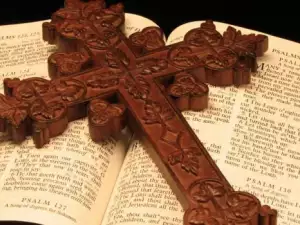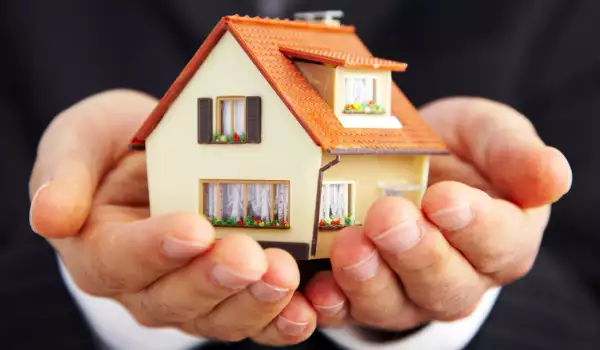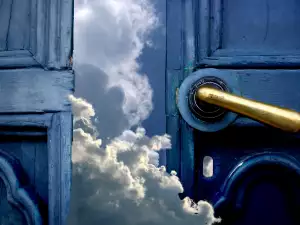Blessing a home is a type of consecration, carried out as a celebration for a new home. It is also done after the accumulation of negative energy, such as a death or disease in the home.
The home is among the things that determine a person's independence. It is for this reason that in some countries, the rite of consecrating a home is widespread and practiced often. Besides it, there exist numerous other rules, having to do with a new home.
First, there is the actual construction. According to an old tradition, it begins on a so-called "good day" - Monday, Wednesday or Thursday. No one works on Sunday and the big Christian holidays.
The new house must not be built atop a grave or graveyard. Otherwise, the inhabitants won't be healthy.
Korban is performed in the future home in honor of the "master" - the home spirit of the new home. The korban is usually a rooster or ram: this is done to cleanse the chosen area.

Among the other accepted practices is the blessing of the house by the builders. The neighbors and relatives of the new house owners must do the same. This blessing guards against demons and fires. The tradition is known as "calling a new house" and is simultaneously a recognition of craftsmanship and a congratulation to the owners.
The actual blessing must be performed by a priest before the new construction begins. It is done in the place where the foundations will be laid.
Upon completion of the house, the workers present the keys along with a green branch to the owner and utter the words, "Let the house be fruitful." Once the home is ready, then comes the benediction, which is a natural continuation of the blessing. A priest is called once again, who sprinkles all of the rooms and walls of the home with holy water.
With holy anointing oil, he smears a cross successively on the eastern, western, northern and southern wall. After this ceremonial blessing and anointment, the priest then blesses the home and future inhabitants according to Christian tradition with the words: "In the name of the Father, and of the Son, and of the Holy Spirit." In some cases, the owners and guests, if there are such present, light candles and sing the Polychronion.








